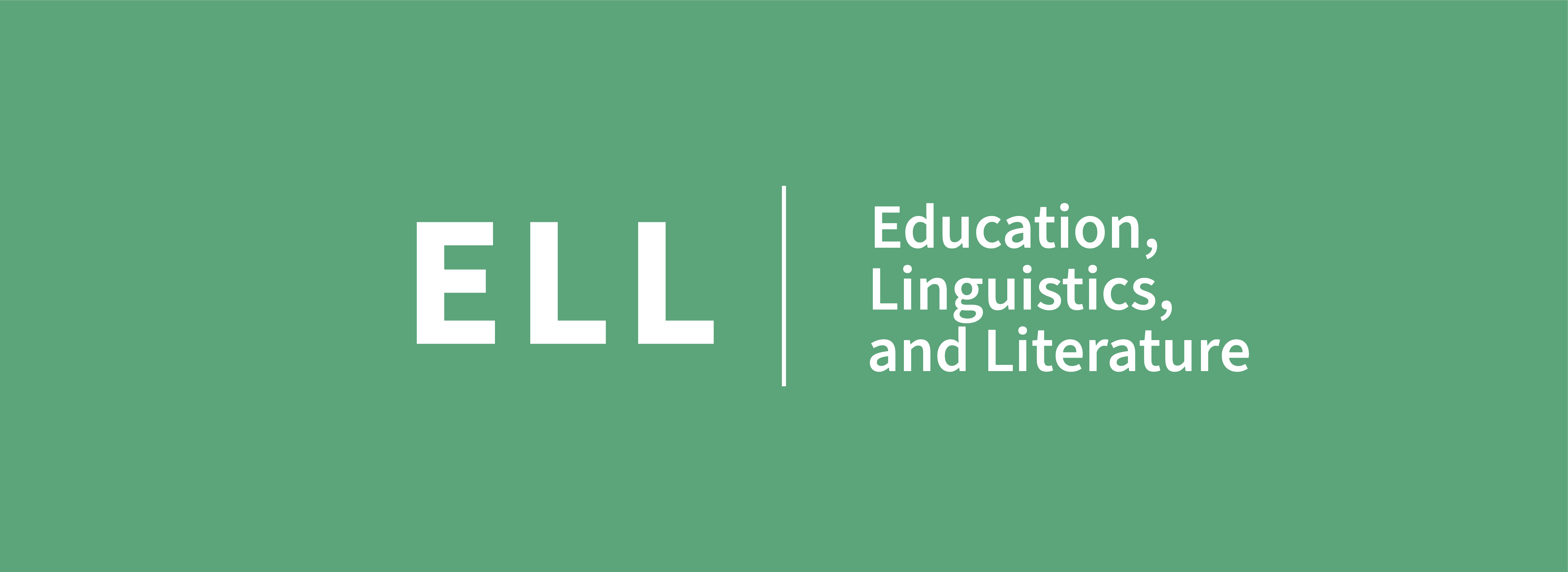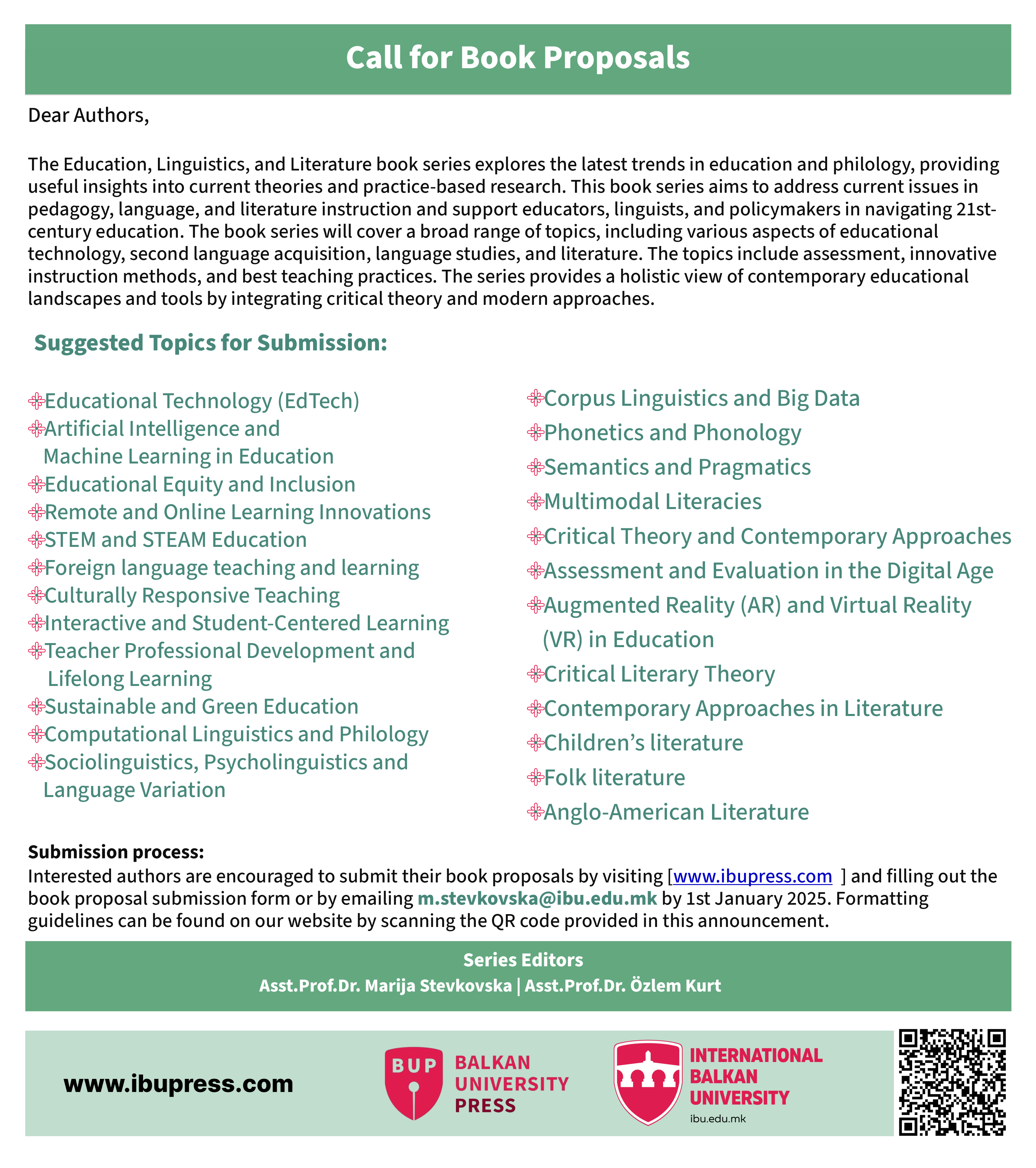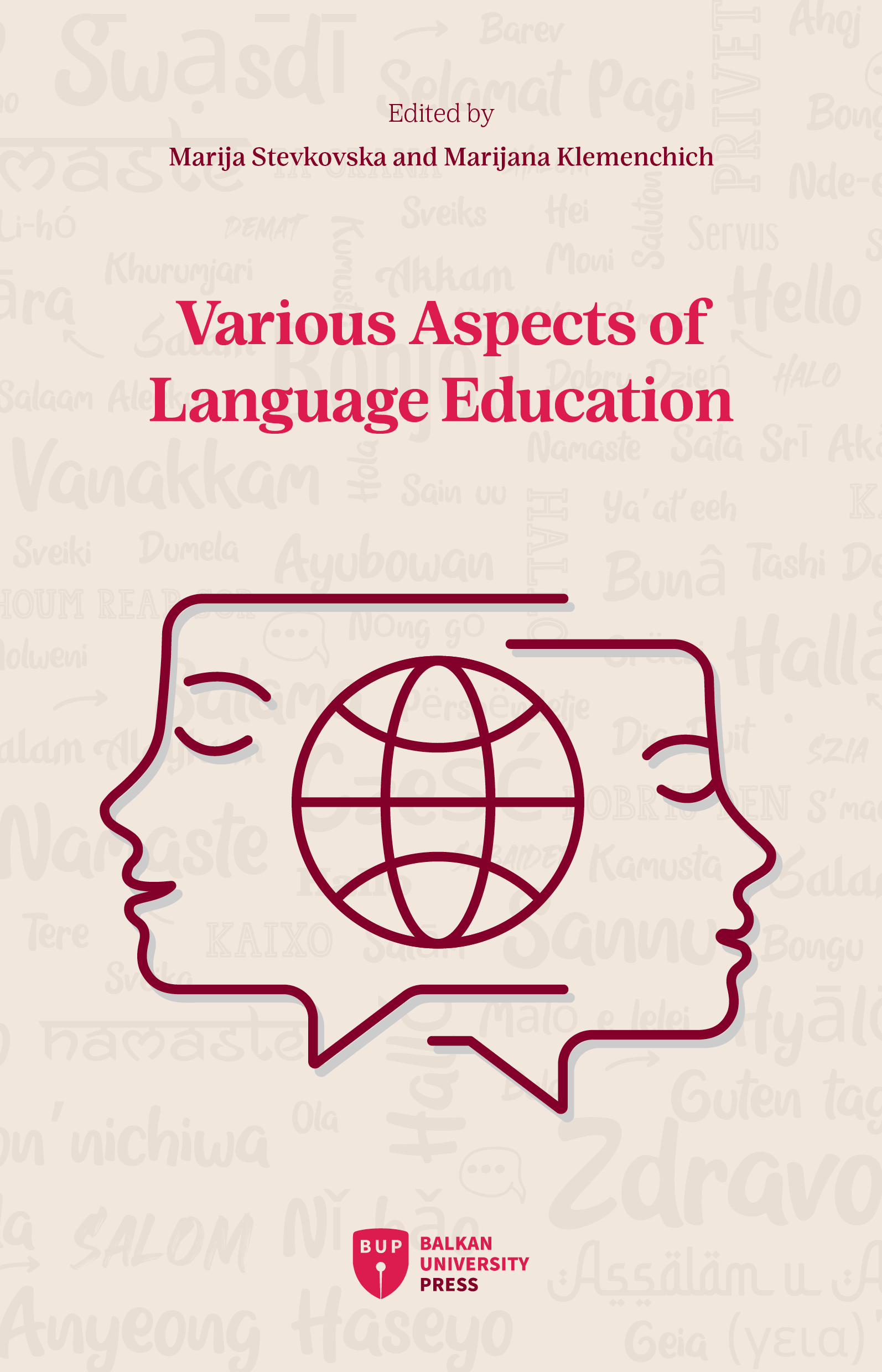Education, Linguistics, and Literature

AIM and SCOPE
The Education, Linguistics, and Literature book series explores the latest trends in education and philology, providing useful insights into current theories and practice-based research. This book series aims to address current issues in pedagogy, language, and literature instruction and support educators, linguists, and policymakers in navigating 21st-century education.
The book series will cover a broad range of topics, including various aspects of educational technology, second language acquisition, language studies, and literature. The topics extend to assessment, innovative instruction methods, and best teaching practices. By integrating critical theory and contemporary approaches, the series provides a holistic view of contemporary educational landscapes and tools.
The recommended topics for submission include:
· Educational Technology (EdTech)
· Artificial Intelligence and Machine Learning in Education
· Educational Equity and Inclusion
· Remote and Online Learning Innovations
· STEM and STEAM Education
· Foreign language teaching and learning
· Culturally Responsive Teaching
· Interactive and Student-Centered Learning
· Teacher Professional Development and Lifelong Learning
· Sustainable and Green Education
· Computational Linguistics and Philology
· Sociolinguistics, Psycholinguistics and Language Variation
· Corpus Linguistics and Big Data
· Phonetics and Phonology
· Semantics and Pragmatics
· Multimodal Literacies
· Critical Theory and Contemporary Approaches
· Assessment and Evaluation in the Digital Age
· Augmented Reality (AR) and Virtual Reality (VR) in Education
· Critical Literary Theory
· Contemporary Approaches in Literature
· Children’s literature
· Folk literature
· Anglo-American Literature
Series Editors: Asst. Prof. Dr. Marija Stevkoska & Asst. Prof. Dr. Özlem Kurt
Marija Stevkovska is an Assistant professor of English and Applied Linguistics at the ELT Department at International Balkan University in Skopje, North Macedonia. She earned her MA and PhD in applied linguistics and ELT methodology at Ss Cyril and Methodius University, Skopje, North Macedonia. She has 20 years of experience teaching English to students of all ages. Her area of expertise includes linguistics, second language acquisition, contrastive analysis, and EFL methodology.
Özlem Kurt is an assistant professor in the area of learning foreign languages and language methodology. She received a Ph.D. in Educational Sciences from the Gazi University, Graduated School of Education, Ankara, Türkiye, and a Master of Turkish Language and Literature from Trakya University, Edirne, Türkiye. Her current research interests include teaching Turkish as a mother and foreign language, second language teaching, interactive listening in language teaching, translanguaging, taxonomy in teaching, and teaching Turkish to students with learning difficulties.
Submission Process
Interested authors are encouraged to submit their book proposals by filling out the book proposal submission form on this website or by emailing m.stevkovska@ibu.edu.mk by 20th December 2024.
Formatting Guidelines
Citation Style: Adhere to the latest edition of APA7th (American Psychological Association) style for citations and references.
Formatting: Use Times New Roman 12-point font with 1.5 line spacing.
Margins: Set margins to 2.5 cm (1 inch) on all sides.
Page Numbers: Number pages consecutively starting with the title page.
Headings: Capitalise all words with no capitals on articles, prepositions, and conjunctions of four or less characters. Numerate the different levels of headings (e.g., 1.; 1.1.; 1.1.1.)
Figures and Tables: Number and title figures and tables according to APA style, placing them within the text.
Footnotes: Minimize footnotes, using them for additional information or clarification, not citations.
Proofreading: Ensure manuscripts are free of grammatical and typographical errors.
Chapters: Organise your proposal in chapters.
Word Count of the Book: 40,000-60,000 words.


